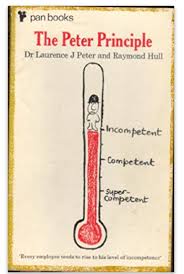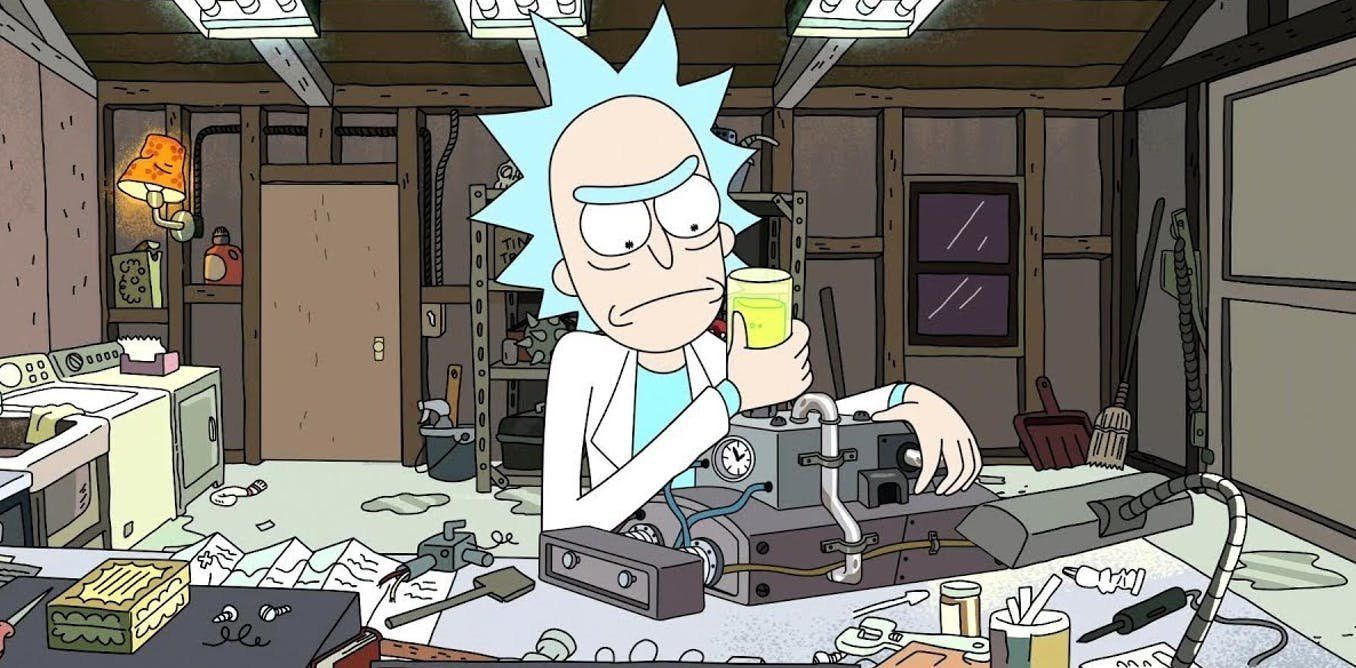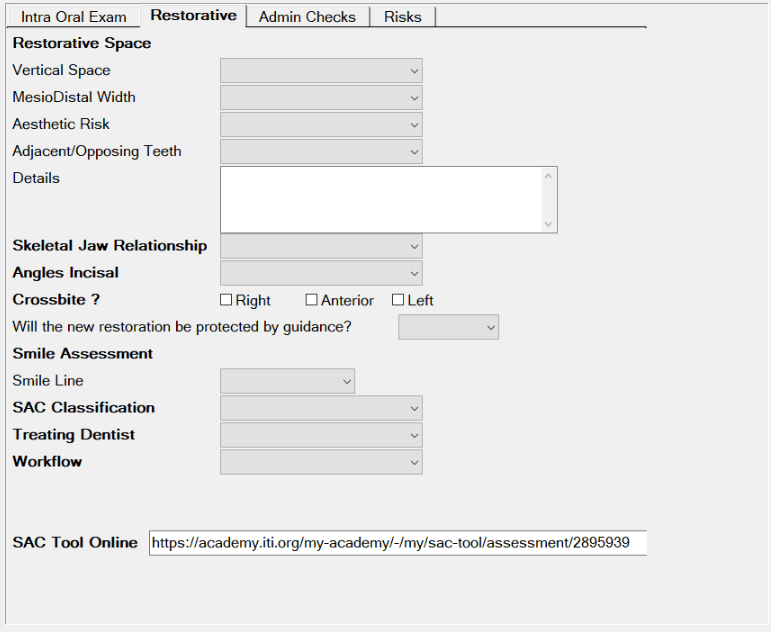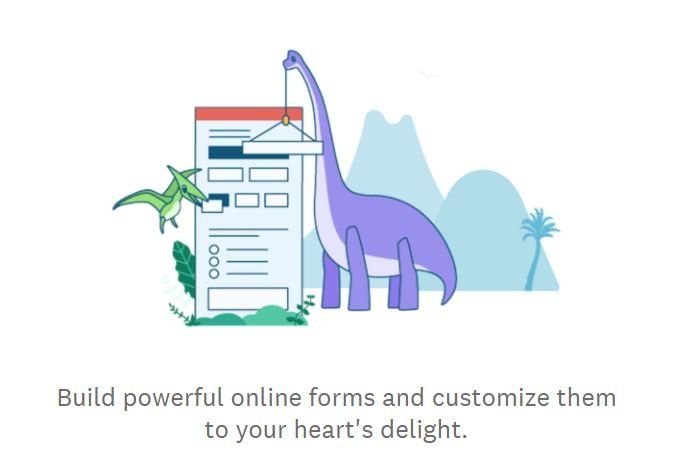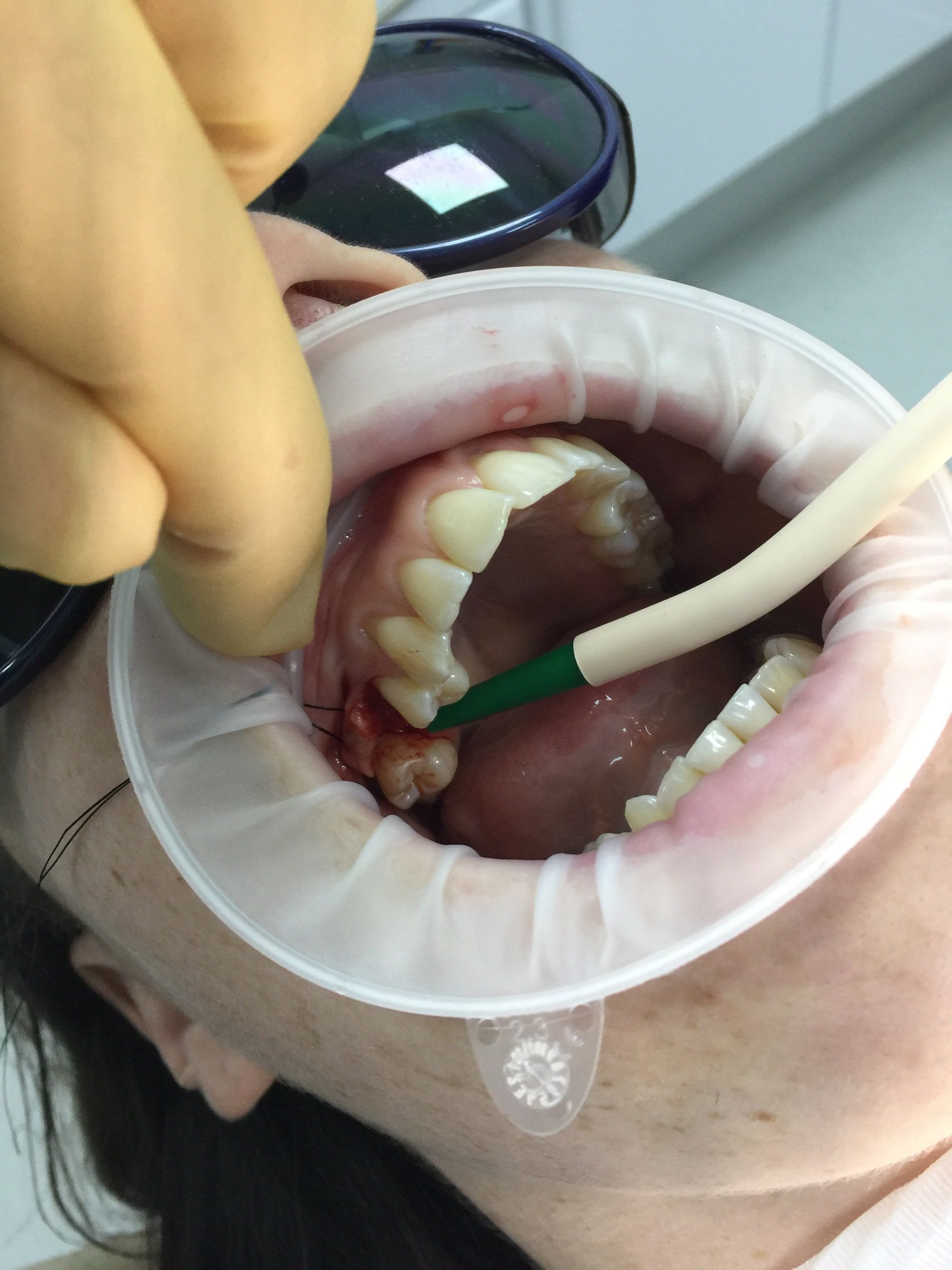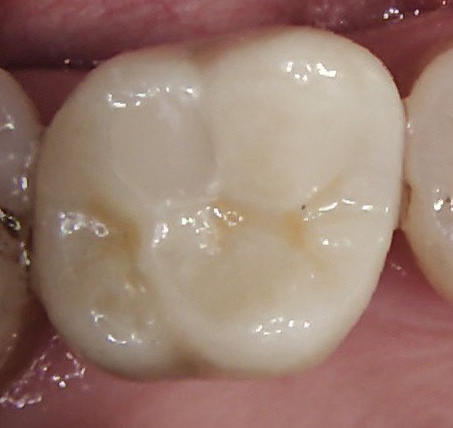"Just" patients
A decision not to see "Just" Patients has been made.
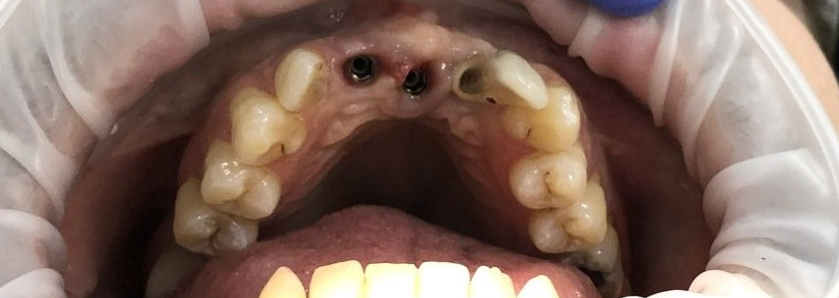
What is a "Just" patient?
Unfortunately the exact opposite of what it should mean
"Just" Patient - Def: An occasional patient that seeks treatment for something that is apparently a simple fix in their mind.
A typical "Just" patient will contact your receptionist and become best friends with them within minutes of recounting stories of woe and valour on their part. This contact usually occurs during a lunch hour on a Friday, when the dentists are all out getting a Pret.
On the dentist's return, the receptionist will flatter them into submission, at which point the hero-like dentist will put themselves out to see this interloper.
The "Just" patient will typically arrive late, moan about filling out any forms surfeit to their simple complaint, and tell everyone how much they hate a visit to the dentist, hoping for peals of laughter.
After a friendly welcome by the dentist, the patient will recount a courageous path through their dental experiences only to finish their odyssey with a phrase that includes "It just needs a simple..."
You can finish this sentence yourself with various phrases like:
"...tighten"
"...recement"
"...filling"
But you can guarantee that it won't end in "...gun to the head!"
"Just" patients are energy vampires, unwilling to recall who did the work originally, or even where the building was in the world where this mythical dentist practised, let alone the details of their pus ridden implant. They can literally keep you searching for an implant retaining screw for months, and ensure you do more research than a PhD student on lockdown, to get them fixed.
It is unfortunately a question of value, and I realised this very early on after seeing a patient in my only NHS year. After receiving a detailed list of work required to render him dentally fit in the eyes of a keen new graduate, the patient returned only a week later with a filling in his badly decayed molar, that resembled a small ball bearing, gripped in the remainder of the overhanging, talon-like cusps. On quizzing him naively, I asked what he had bitten on, to which he replied, "Oh no, I did that one myself with some solder, that's only what you do after all!"
Patients can be forgiven for receiving bad care, but many choose bad care by being bad patients, and when they can be identified by this simple involutary tic, your dental practice becomes a beautiful place to be.
So take my advice earlier than I did and Just avoid them!
ID Blog


